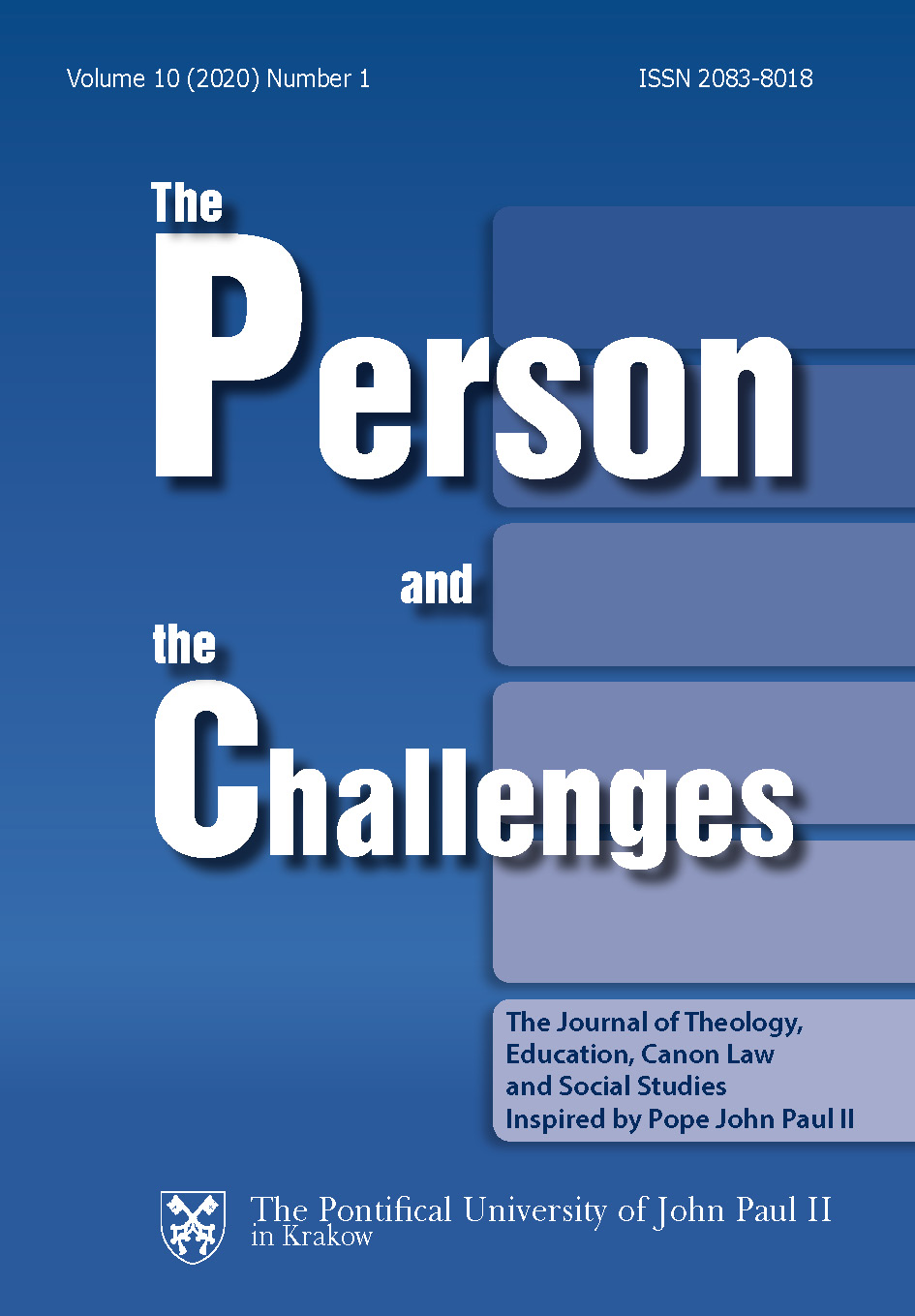Neurobiological and Relational Bases for Understanding Aggressiveness
Neurobiological and Relational Bases for Understanding Aggressiveness
Author(s): Saša Poljak Lukek, Tanja ValentaSubject(s): Psychology
Published by: Wydawnictwo Naukowe Uniwersytetu Papieskiego Jana Pawła II w Krakowie
Keywords: Aggression;neurobiology;relational paradigm;emotional regulation;
Summary/Abstract: Aggression is a deliberate, proactive or impulsive, defensive or active act, expressed through the use of physical power or psychological pressure. As such, it is a significant element of violent behaviour. According to developmental stages, aggression is expressed in various forms and is associated with the specific ways of regulating the feelings of shame and anger. We assume that excessive exposure and interrupted contact in development can lead to a specific regulation of the affects of shame and anger in a person who, because he feels threatened, can transform these feelings into aggressive behaviour. In addition, the dysregulated affects can lead to the dissociation of emotional experience, and thus to the inability to feel empathy, which allows for deliberate or proactive aggressiveness. Furthermore, the text presents the basic conclusions of research in the neurobiological understanding of aggression. The aggressive action is characterized by the specific functioning of the prefrontal cortex, the amygdala, and the sympathetic and parasympathetic nervous system. Abuse in childhood and relational trauma are presented as a starting point for the specific functioning of the brain and specific affect regulation, which can also be associated with aggressive behaviour in adulthood.
- Issue Year: 10/2020
- Issue No: 1
- Page Range: 155-176
- Page Count: 22
- Language: English

